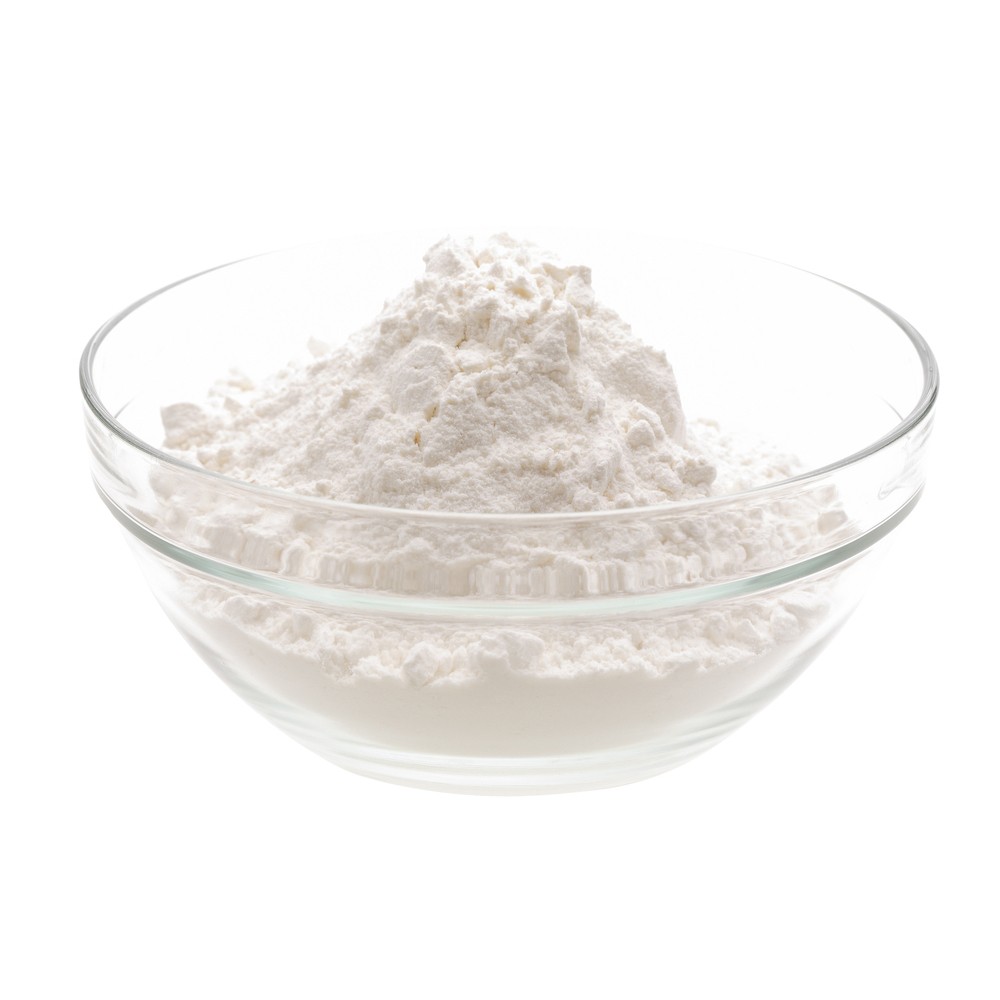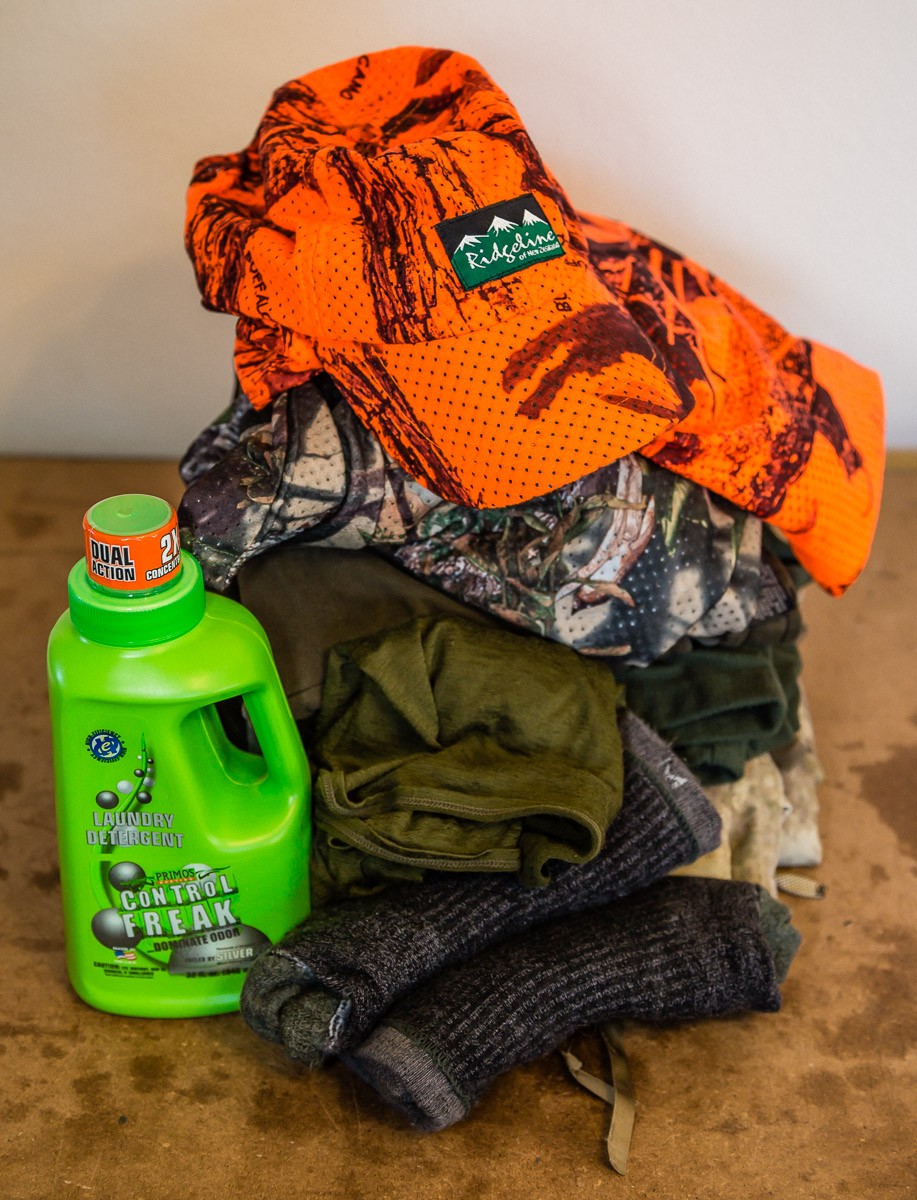“Scent control is a gimmick to sell more stuff.”
Well, yes. Probably.
While it is wise to take all the marketing hype with a grain of salt, the fact still remains that for most animals, their sense of smell is a large part of their natural defence system; often more so than sight.
It is true that a massive market has developed around hunting – from the wide selection of firearms to clothing and gear to nearly any gimmick you could imagine – if there is something that you could be sold it’s likely on the market already. However, this article is more about being aware of the scent you may be putting off and what you can do cheaply and effectively to deal with it.
“I don’t do anything for scent control, and I still see deer.”
Yes. Again true – and if you are always able to manage the wind direction, ensuring you are coming in with the wind in your face, you may not need to worry as much about scent control. But. I would also imagine you have found yourself in less than ideal wind conditions, or if you are a bow hunter, you want to be able to get in as close as possible without being detected. In fact, even if you are carrying a rifle, in many bush hunting situations you are likely going to be within 50m – a distance where scent control does become very important.
“People have hunted effectively since the beginning of time, and they did not worry about scent control.”
Yes. They were also using stones and clubs, maybe even pointed sticks and were wearing loincloths. Things have ‘improved’ since then and hunting pressure has also meant that it’s important to maximise your chances. So why not?
What causes odor?
Well, you basically.
Animals, particularly hunted ones, soon learn the smell of human. Sweat, dead skin, breath, all contribute to your unique and personal smell. Add on top of this artificial and natural smells from washing and cleaning products, food, smoking and so on, and we have a cacophony of scent alerting any animals in the area. While there are exceptions to the rule, most animals don’t like the smell of something unknown and will bolt as soon as picking up on it.
Scent Control is the process of eliminating these odours or at least going through all practical steps to minimise them.
Personal Smell
Let’s start with yourself. You stink. Maybe not enough for you or most people around you to notice, but to an animal (deer) whose nose is over 20 times more sensitive than ours you are likely a beacon of smell wafting through the bush. So it makes sense to minimise that odour as step one of our scent control process.

Meet our best friend in our quest to reduce our scent. Baking soda (sodium bicarbonate)! Its time to break out the Edmonds!
Baking soda has long been known to help in the reduction of odours and it’s cheap! So before you head out and buy the latest miracle scent killer – try this – non-scented body wash (which generally still have a bit of a scent) with some baking soda mixed in. Be careful – this mixture can become quite the exfoliant – i.e. abrasive! Have a good scrub just before you head out to remove any dead skin and lingering odour. If you really want to go to town, brushing your teeth and having a gargle with it won’t go amiss either.
It’s also not a bad idea to reduce your internal source of smell either. Avoid the hot curries the night before heading out, or anything with a pungent smell. Some people also swear by taking a Chlorophyllin Copper Complex Supplement. This apparently reduces odour generation from the inside out – your sweat won’t smell, nor your breath and apparently, your shit won’t stink. Apparently – can’t say I have tried it; though, I do plan on giving it a go.
Clothing
Your clothing will not only absorb your smells but additionally, most cleaners have added fragrances. So while your partner might like how you smell in your hunting gear – it might not be the most conducive to actually seeing anything.
There are now many commercially available scent control washes on the marketplace, many containing odour controlling elements like silver, carbon and whatever else is the flavour of the month.

I am currently using a product called Control Freak by Primos. Interestingly, it doesn’t have an ingredients list on it, but it says it is ‘powered by Silver’.
However, guess what many of these washes primarily contain? Water, sodium bicarbonate (baking soda again) and hydrogen peroxide (bleach). Not too hard to make something up yourself, should you want to.
It’s also important once you have washed the scent out, to store the clothing separate and ideally sealed away from any other odours. Many people have a dedicated plastic box in the garage that their gear lives in. Further to this, it makes sense to not put on the hunting gear until you are actually out in your hunting area – i.e. don’t wear it to Macca’s on the way out into the bush!
Boots
Yes, like me, your feet probably stink. Especially if your boots are leather and occasionally get wet. But guess what’s coming to the rescue? Yes. Baking soda. Dry those boots out properly, sprinkle the insides with baking soda (leave some in there) – and you are most of the way there.
It also makes for an interesting argument for rubber boots – which I do plan on also trying out in the near future. Rubber theoretically doesn’t hold smells – but if they are lined – the inner may do so.
Equipment
And the rest!
Think pack, webbing, hats, gloves, hell, even your rifle, bow, knife – anything on you.
A simple solution – a mixture of water, bleach and you’ve guessed it, baking soda in a spray bottle (easy on the bleach).
Also remember, once in the bush, pack your lunch in an odour proof container. Its little things like this that quickly add up.
Does it work? How can I tell?
Good question. And really, I have trouble telling myself. I would notice, for example, if all my hunting gear smells of lavender. But in regards to myself? It gets a bit harder to tell. I am used to what I smell like, so don’t really notice it anymore. Realistically, there isn’t an easy way to measure smell. So I generally just stop, sniff and see if there is anything major going on.
Scent control isn’t really some magical mystical process that requires expensive washes and sprays to work. In fact, you probably have some of the best scent control methods already in your house.
There are plenty of options out there if you really want to go to town – carbon and silver lined clothing, animal gland and urine sprays (yum) – but I would strongly suggest getting the basics down pat before worrying about spending too much on these things. Also, it’s probably also a good time to take stock and ask yourself how noisy you are when stalking, how much attention you pay to the wind, how much you are using geography to your advantage and so on. Scent control can help – but you are going to need to have the basics right. If you are stumbling and crashing through the bush, downwind from an animal, there are other things you need to work on first.
Once you have scent control sorted, we can look at the second aspect of manipulating smell – attractants.
So – your turn – got any tips and tricks for reducing your scent in the bush?

